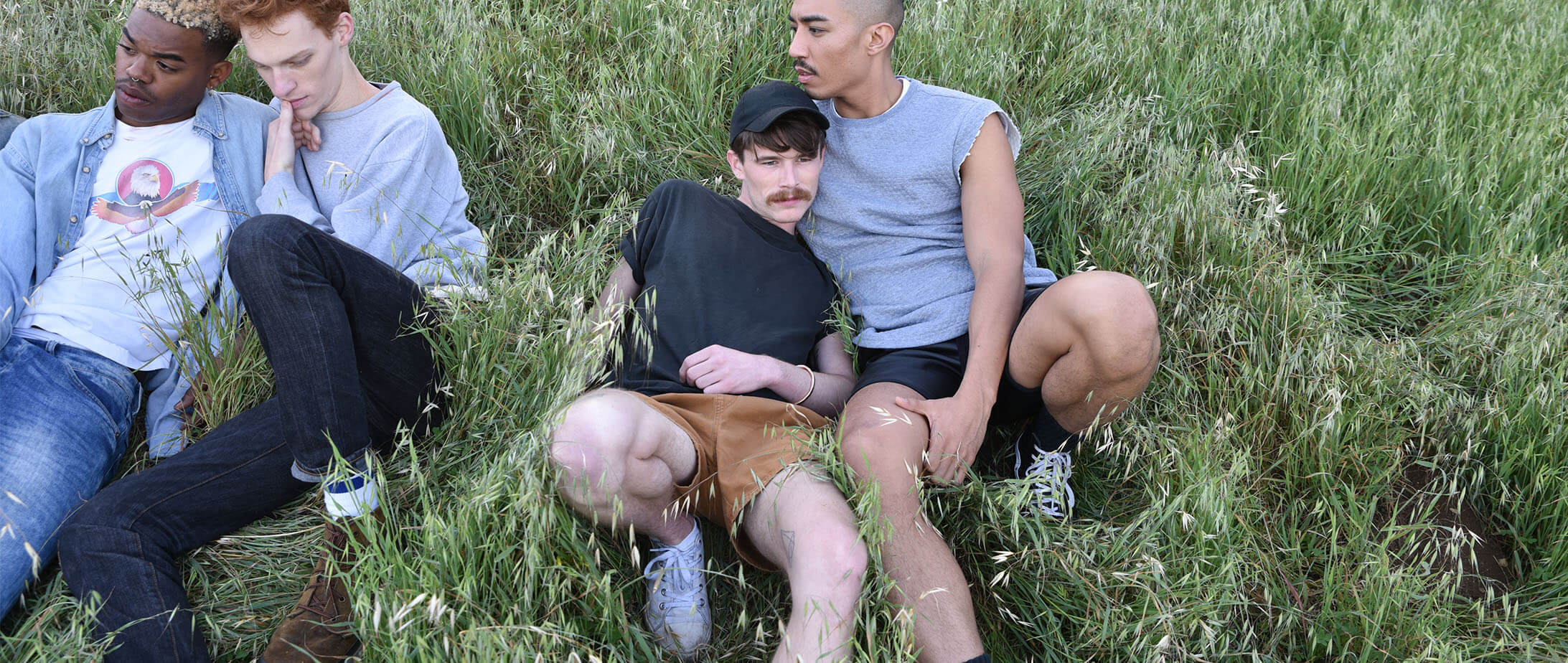I’ve recently realized that I overly explain my choices to my friends. Like why I don’t want to see a movie or why I was performing a semi-nude interpretive dance to Tori Amos in my office. I go into exhausting detail about my reasons, when really, my decisions are no one’s business but my own. Deep down, I know my friends are just looking out for me—as I do for them—especially when it comes to more serious matters, like dating.
In the past, a few friends chose to see someone in secret. They’d go out of their way to keep their newfound relationship deep in a sealed-off cave until the perfect time to reveal. More times than not, I’d figure it out after a week, but would still act surprised when finally told. “My goodness!” I gasped. “You’re dating that mildly attractive grocery store security guard we always see when we’re drunk?”
Conversely, a newly single friend of mine recently asked for dating help. The last few guys have been, well, not that great. So, now I’m on a virtual board of judges, like a gayer version of X-Factor or The Voice. My friend sends us—the judges—the guy’s headshot, age, job, and a brief description of how they met. After the first date, we ask a series of deeply personal questions about his love interest and then give a thumbs up or down for a second outing. We’re all aware that this isn’t normal nor necessarily healthy, but we can’t afford him dating another asshole.
Still, I wonder, is it important that others approve of who we see? Some of my friends have been around for twenty years. We’ve been through everything from playground squabbles to coming out. Why wouldn’t I want their input?
I’ve been on both sides of this question. Whether my friends haven’t liked my beau—or vice versa—I wonder if there’s a point in giving my two cents. Of course, if my friend is in a dangerous position with his lover, it’s important to speak my mind. However, if I just don’t like how loudly his boyfriend chews or the way he pronounces “February”—these are merely my issues.
When my best friend met my now fiancé, I was a little nervous. If they didn’t like one another, I’d have to deal with that friction for the rest of my life. They first met during a visit to New York and got along instantly. After just a few hours, my friend mouthed, “I like him!” Even as I responded with a “duh,” a weight lifted off of my shoulders.
Maybe it is pessimistic of me, but I no longer expect to like my friends’ future partners. Perhaps it’s because I hold the people closest to me at a very high level and it’s nearly impossible for anyone they date to reach that peak. I know that with time, anything is possible—but I’m only saying that because I like all of my friends’ current boyfriends.
Don't forget to share:
Help make sure LGBTQ+ stories are being told...
We can't rely on mainstream media to tell our stories. That's why we don't lock our articles behind a paywall. Will you support our mission with a contribution today?
Cancel anytime · Proudly LGBTQ+ owned and operated
Read More in Culture
The Latest on INTO
Subscribe to get a twice-weekly dose of queer news, updates, and insights from the INTO team.
in Your Inbox













